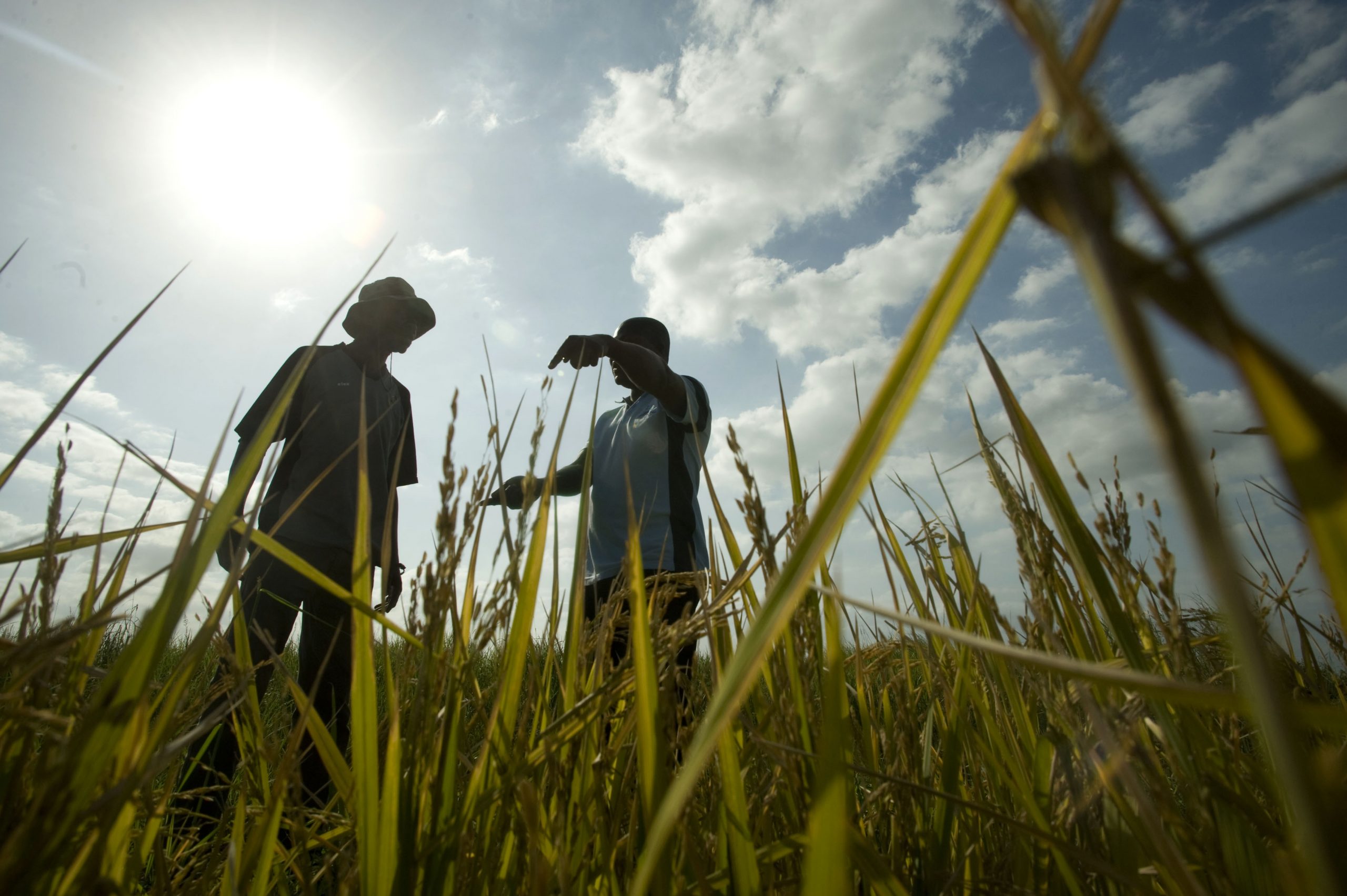
5 steps to help UKAid drive better climate, nutrition, and gender outcomes
July 28, 2023
A review of the FCDO Commercial Agriculture Portfolio, carried out by CASA, has identified five recommendations to help drive better climate, nutrition, and gender outcomes.
FCDO recognizes that agri-food sector is a key driver for economic development and improving household livelihoods and resilience in many lower- and middle-income countries. The FCDO Commercial Agriculture Portfolio funds 32 programmes which includes combination of grants supporting agribusiness investment, access to finance, value chain development, and support for improvements to the enabling environment for agricultural investment.
The Commercial Agriculture Portfolio Review (CAPR) process is a period report on the impact of the investments. The 2022 review focuses on the portfolios contribution to tackling the impact of climate change, improving nutrition and supporting gender equity.
20 programmes are focused on Africa, with a combined budget of nearly £1.7bn and an average duration of 7 years.
The programmes impacted on:
• 24.5m smallholder farmers
• 40% women
• 17,500 SME agribusinesses
The past four Commercial Agricultural Portfolio Reviews are also available for comparison.
Programme level
Most programmes make positive efforts to ensure value for money, proactively reduce costs and improve effectiveness. These examples of good practice could be more broadly disseminated, to drive further improvements across the portfolio.
The review identified challenges in the way that data is collected, with some of the major recipients of funding not reporting on the metrics used for the review.
There was also an acknowledgement that the cost of credit was a major impediment to investment.
Proposed actions 1 &2:
• FCDO should address the quality and availability of data, in particular the use of global standard measurement approaches for key metrics (such as jobs created or emissions mitigated), to enable aggregation and comparison across programmes.
• Focus interventions on lowering the cost of credit and explore blended and concessional finance arrangements
Climate change
The review perceived an increased willingness to address climate change at the policy level. However, despite improved emissions reductions and leveraging of private finance, climate change mitigation and adaptation investment had fallen from the 2020 level.
The quality of measuring and reporting on climate indicators made comparison across programmes challenging. Systems for reporting outcomes on nature and biodiversity are under development.
The review found that a decreased proportion of programmes were receiving International Climate Finance (ICF) since the last review, and that the ICF funded programmes had variably performance.
Proposed action 3:
• FCDO’s Commercial Agriculture team should set thematic objectives and incentivize the mainstreaming of climate change, gender, and nutrition in programme design, but even more critically in the way programmes are implementation.
Nutrition
A combination of the global conferences in 2021 and increased availability of tools for mainstream nutrition in programmes, is providing an impetus on nutrition and food security in commercial agriculture.
The review found that half the portfolio had the potential to achieve nutrition outcomes. A quarter of the programmes had nutrition outcomes designed in, and an equal number had the potential to deliver in this area. The remainder of the portfolio was categorized as nutrition blind.
If systemically used the nutrition markers, introduced by FCDO reporting in 2022, have the potential to further support the integration. These markers are supported by new training tools nutrition, which can help mainstream nutrition into programmes.
Proposed action 4:
• FCDO should introduce the OECD-DEC Nutrition Policy Marker to support the systematic measurement of nutrition in all FCDO commercial agriculture programmes.
Gender
The proportion of gender responsive and gender aware programmes was 61%, a decrease since 2020. Newer programmes are less responsive to gender considerations.
The portfolio highlighted that gender could be more ambitious, both in terms of how many women are being reached and in addressing systemic issues. Only about 10% of funded programmes systemic address the underlying causes of gender inequality.
Required action 5:
• FCDO’s Commercial Agriculture team should develop detailed guidance for programmes on best practices they can adopt to advance women’s economic empowerment backed by gender action plans

Alvaro Valverde, Private Sector Engagement Manager (CABI) & Engagement, Learning & Communication Lead (CASA) explained: ‘The CASA programme provides on-demand research services to close the agri-SME finance gap in Sub-Saharan Africa and Asia, while mobilizing climate finance for promoting resilience of food systems. In this case we worked with our colleagues in FCDO to suggest positive ways that the commercial agriculture investment could deliver in three key policy areas. CASA’s other research provides some promising signs in the especially in the areas of climate and gender, commercial involvement in food security is more challenging.’